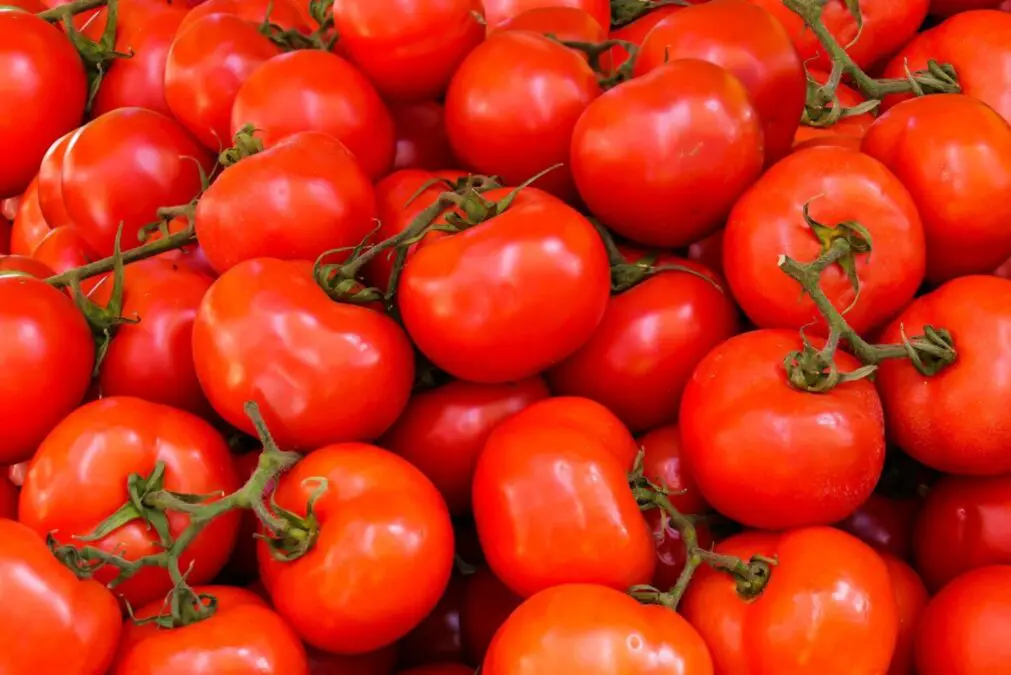Tomatoes are present in the diet of many people. But unfortunately, they are not a one-size-fits-all food.
The disease in which tomatoes aggravate the symptoms
In people with painful joints, eating tomatoes can exacerbate painful symptoms. This is shared by Russian nutritionist Dr. Irina Mansurova. She adds that with joint diseases such as arthrosis or arthritis, tomatoes should be consumed very carefully. “Two substances that negatively affect the state of bones and joints, solanine and oxalic acid, are present in tomatoes,” explains the nutritionist.
Irina Mansurova informs that tomatoes saturated with solanine aggravate the unpleasant and painful manifestations of existing joint pathologies. All this is possible thanks to the effect of solanine on the body, in which the immune system’s reactions cause inflammation. This, in turn, causes swelling and pain in the joints. In addition to aggravating arthritis and arthrosis, the consumption of tomatoes can lead to the appearance of allergic symptoms and problems with the digestive tract. Another ingredient in tomatoes, oxalic acid, can damage cartilage tissue. It prevents the absorption of the necessary fats that ensure the elasticity of cartilage and joints. The nutritionist suggests that tomatoes of the small-fruited varieties contain the least amount of oxalic acid.
In addition, Irina Mansurova recommends that people with joint diseases avoid foods such as onions, beets, potatoes, rhubarb, spinach, as well as control the amount of tea and coffee they drink – their consumption (especially in high doses) can exacerbate the negative symptoms of joint pathologies.
Photo by Pixabay: https://www.pexels.com/photo/abundance-agriculture-fresh-healthy-533280/







